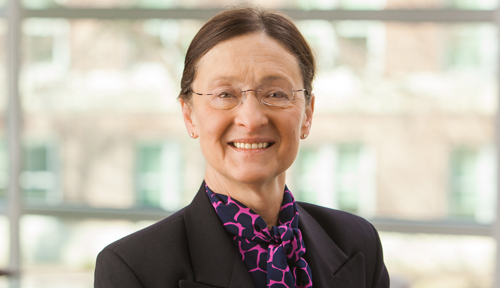In 2016, the Foundation for the Accreditation of Cellular Therapy (FACT), an affiliate of UNMC, is celebrating its 20th year as the leading organization in standards setting and accreditation for cellular therapy, hematopoietic stem cell transplantation, and regenerative medicine.
With two decades of leadership experience, FACT is a dynamic, internationally recognized accrediting body for health care institutions offering hematopoietic stem cell transplants, cord blood banking, and other cellular therapies.
“FACT has evolved from the first accreditation standards developed by committed volunteers to a highly professional organization that has inspected and accredited almost all North American hematopoietic stem cell transplant units, and is extending its reach to other cell therapies and to international collaborations,” said Helen Heslop, M.D., president of the FACT board of directors.
FACT will kick off its 20th anniversary celebration at the 2016 BMT Tandem Meetings in Honolulu. Founding members of the board of directors will be honored at the awards ceremony for their pivotal contributions to quality medical care and laboratory practices in cellular therapy.
FACT was founded in 1996 to meet the need for professional standards across the field of hematopoietic cell transplantation. In a unique collaboration, the physician and scientist members of the American Society for Blood and Marrow Transplantation joined the laboratory scientists of the International Society for Cellular Therapy to form FACT as their standard setting and accrediting organization.
FACT Chief Medical Officer Phyllis Warkentin, M.D., led the development of the FACT accreditation process based upon the consensus standards of experts in the field. At UNMC, she also is a professor in pediatric hematology/oncology and in pathology and microbiology.
“Since the beginning, FACT standards-setting and accreditation processes have been successful because of the commitment of experts and their willingness to participate as peers to raise the quality across providers, protect the research environment, and advance the field,” Dr. Warkentin said.
